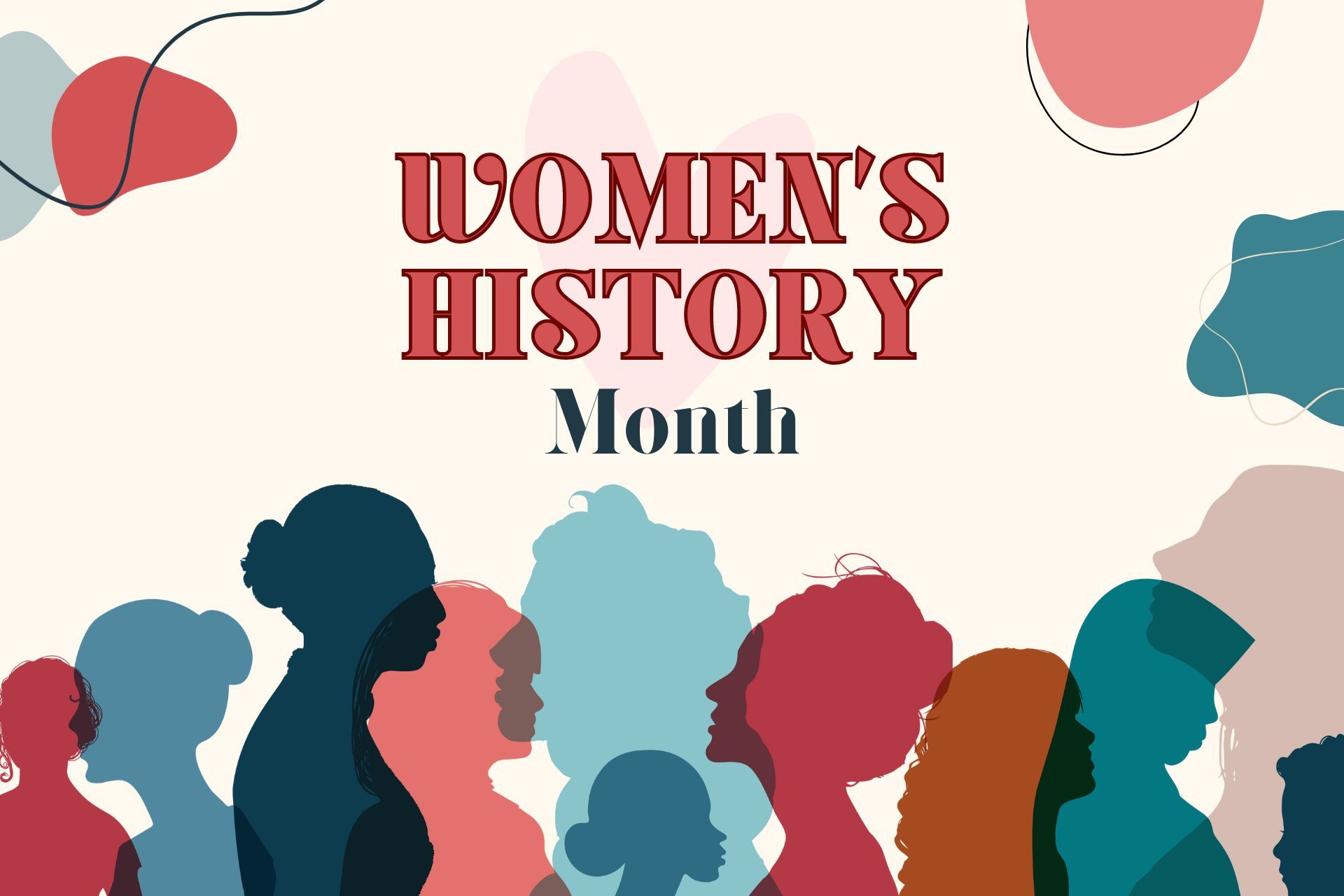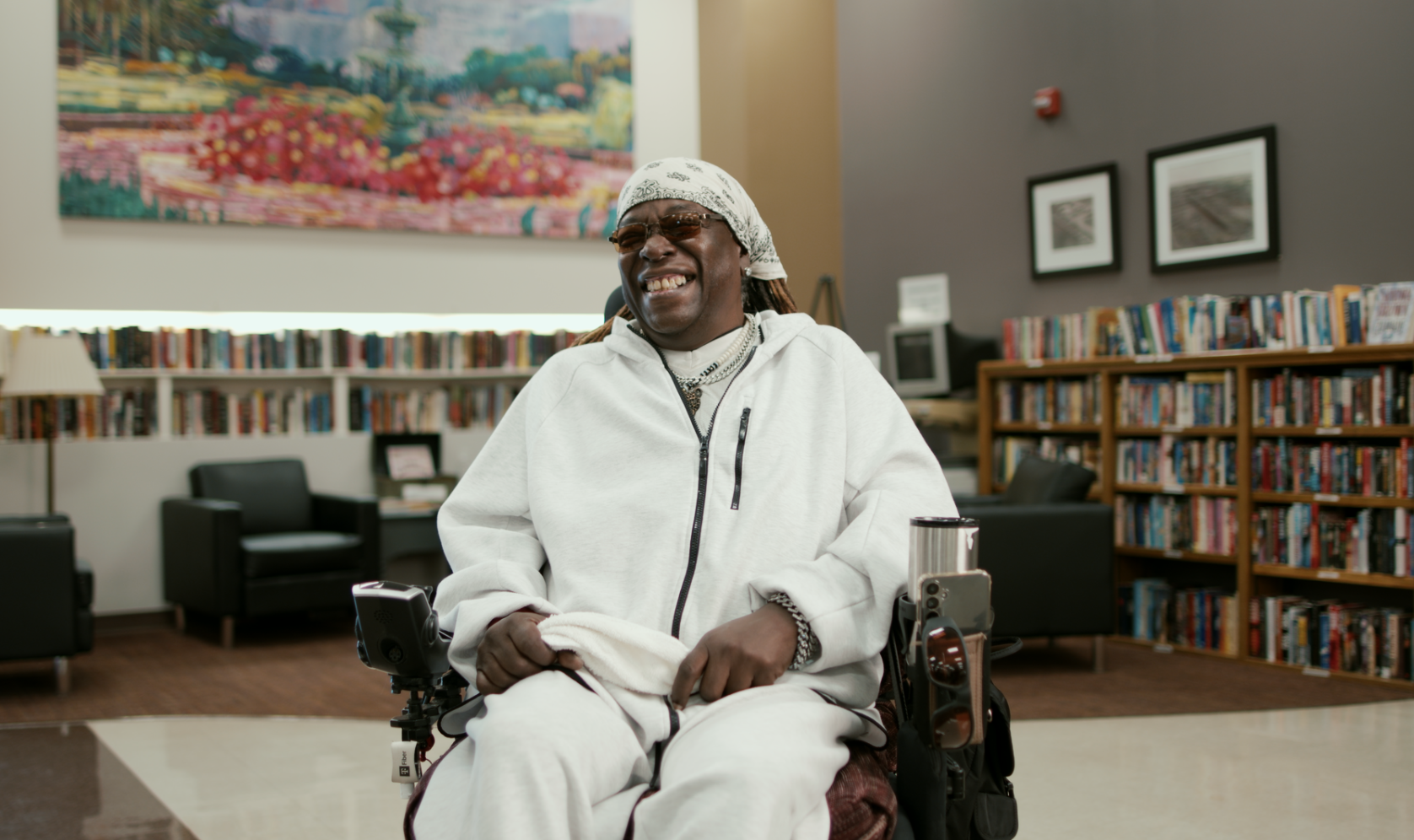Women's History Month

Women's History Month: Activists
Dolores Huerta
Co-founder of the United Farm Workers Association, Dolores Clara Fernandez Huerta is one of the most influential labor activists of the 20th century and a leader of the Chicano civil rights movement.
Born on April 10, 1930 in Dawson, New Mexico, Huerta was the second of three children of Alicia and Juan Fernandez, a farm worker and miner who became a state legislator in 1938. Her parents divorced when Huerta was three years old, and her mother moved to Stockton, California with her children. Huerta’s grandfather helped raise Huerta and her two brothers while her mother juggled jobs as a waitress and cannery worker until she could buy a small hotel and restaurant. Alicia’s community activism and compassionate treatment of workers greatly influenced her daughter.
Discrimination also helped shape Huerta. A schoolteacher, prejudiced against Hispanics, accused Huerta of cheating because her papers were too well-written. In 1945 at the end of World War II, white men brutally beat her brother for wearing a Zoot-Suit, a popular Latino fashion.
Huerta received an associate teaching degree from the University of the Pacific’s Delta College. She married Ralph Head while a student and had two daughters, though the couple soon divorced. She subsequently married fellow activist Ventura Huerta with whom she had five children, though that marriage also did not last. Huerta briefly taught school in the 1950s, but seeing so many hungry farm children coming to school, she thought she could do more to help them by organizing farmers and farm workers.
In 1955 Huerta began her career as an activist when she co-founded the Stockton chapter of the Community Service Organization (CSO), which led voter registration drives and fought for economic improvements for Hispanics. She also founded the Agricultural Workers Association. Through a CSO associate, Huerta met activist César Chávez, with whom she shared an interest in organizing farm workers. In 1962, Huerta and Chávez founded the National Farm Workers Association (NFWA), the predecessor of the United Farm Workers’ Union (UFW), which formed three year later. Huerta served as UFW vice president until 1999.
Despite ethnic and gender bias, Huerta helped organize the 1965 Delano strike of 5,000 grape workers and was the lead negotiator in the workers’ contract that followed. Throughout her work with the UFW, Huerta organized workers, negotiated contracts, and advocated for safer working conditions including the elimination of harmful pesticides. She also fought for unemployment and healthcare benefits for agricultural workers. Huerta was the driving force behind the nationwide table grape boycotts in the late 1960s that led to a successful union contract by 1970.
In 1973, Huerta led another consumer boycott of grapes that resulted in the ground-breaking California Agricultural Labor Relations Act of 1975, which allowed farm workers to form unions and bargain for better wages and conditions. Throughout the 1970s and ‘80s, Huerta worked as a lobbyist to improve workers’ legislative representation. During the 1990s and 2000s, she worked to elect more Latinos and women to political office and has championed women’s issues.
The recipient of many honors, Huerta received the Eleanor Roosevelt Human Rights Award in 1998 and the Presidential Medal of Freedom in 2012. As of 2015, she was a board member of the Feminist Majority Foundation, the Secretary-Treasurer Emeritus of the United Farm Workers of America, and the President of the Dolores Huerta Foundation.
Ella Baker
Ella Baker was an American community organizer and political activist who worked in many of the major civil rights organizations of the mid-20th century.
Baker was raised in Littleton, North Carolina. She began attending the high school academy of Shaw University in Raleigh, North Carolina in 1918 and graduated from the college as valedictorian in 1927. She moved to New York and found people suffering from poverty and hardship caused by the Great Depression and was introduced to the radical political activism that became her life’s work. In the early 1930s, she helped organize the Young Negroes Cooperative League, which was created to form cooperative groups that would pool community resources and provide less expensive goods and services to members.
Baker married T.J. Roberts in the late 1930s and then joined the staff of the National Association for the Advancement of Colored People (NAACP), first as a field secretary and later as national director of the NAACP’s various branches. Unhappy with the bureaucratic nature of the NAACP and newly responsible for the care of her young niece, she resigned from her director position in 1946 but worked with the New York branch to integrate local schools and improve the quality of education for black children.
Inspired by the historic bus boycott in Montgomery, Alabama, in 1955, Baker co-founded the organization In Friendship to raise money for the civil rights movement in the South. In 1957 she met with a group of Southern black ministers and helped form the Southern Christian Leadership Conference (SCLC) to coordinate reform efforts throughout the South. Martin Luther King, Jr., served as the SCLC’s first president and Baker as its director. She left the SCLC in 1960 to help student leaders of college activist groups organize the Student Nonviolent Coordinating Committee (SNCC). With her guidance and encouragement, SNCC became one of the foremost advocates for human rights in the country. Her influence was reflected in the nickname she acquired: “Fundi,” a Swahili word meaning a person who teaches a craft to the next generation.
Baker continued to be a respected and influential leader in the fight for human and civil rights until her death on her 83rd birthday.
Dorothy Kenyon
Dorothy Kenyon was a New York attorney, judge, feminist and political activist in support of civil liberties. During the era of McCarthyite persecution, she was accused of being affiliated with 28 communist front organizations. Kenyon was a charismatic speaker, and she regularly travelled throughout the U.S. lecturing about civil liberties, the law, and women's equality.
Dorothy Kenyon began her career as a lawyer in New York City in 1917. In 1936, she moved into public service by serving first as the Deputy Commissioner of Licenses in New York City, and later as a Justice on the city's Municipal Court. In these positions, in her capacity as the U.S. representative to the League of Nations Commission to Study the Legal Status of Women from 1938-40, and as the first delegate to the United Nations Commission on the Status of Women from 1947-50, "Judge" Kenyon worked tirelessly to advance the status of women and minorities in the U.S. and internationally.
In addition to her political appointments and private law practice, Kenyon also held offices in many organizations including the Consumers' League of New York, the League of Women Voters, and the American Association of University Women. She served on the National Board of the American Civil Liberties Union from 1930 until her death and almost single-handedly persuaded the organization to take on cases that challenged sex discrimination.
Despite Joseph McCarthy's anti-Communist attack on her in 1950, Kenyon remained politically active in the 1960s and early 1970s through her work in the War on Poverty and her participation in the Civil Rights, anti-Vietnam War, and Women's Liberation movements. In 1968, at age 80, she and another lawyer established an office for legal services for the poor on Manhattan's Lower West Side under the aegis of Mobilization for Youth.
Her speeches and writings and research files addressed such issues as worldwide suffrage, the status and role of women, domestic and foreign policy, birth control, minority legal rights, civil liberties, the Equal Rights Amendment, anti-communism, and women's liberation.
Dorothy died five days short of her 84th birthday in 1972. A young female lawyer had just volunteered as an attorney for the American Civil Liberties Union, focusing on gender equality and women’s rights. She had read extensively about Dorothy Kenyon’s career and was greatly inspired by her.
That young lawyer was Ruth Bader Ginsburg.
Michals, Debra. "Dolores Huerta." National Women's History Museum. National Women's History Museum, 2015.
Smith Collection, Agents of Social Change Exhibit
Todd Moye, Ella Baker: Community Organizer of the Civil Rights Movement (Lanham, MD: Rowman & Littlefield Publishers, Inc., 2013).
Our Recent News




